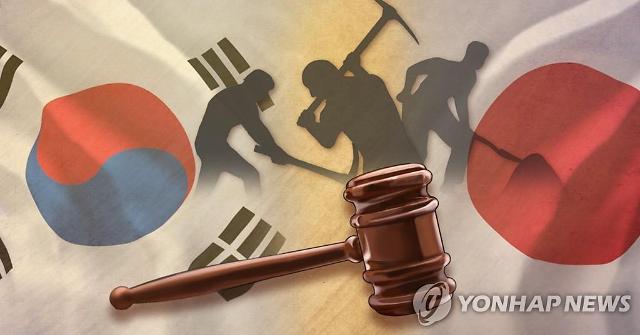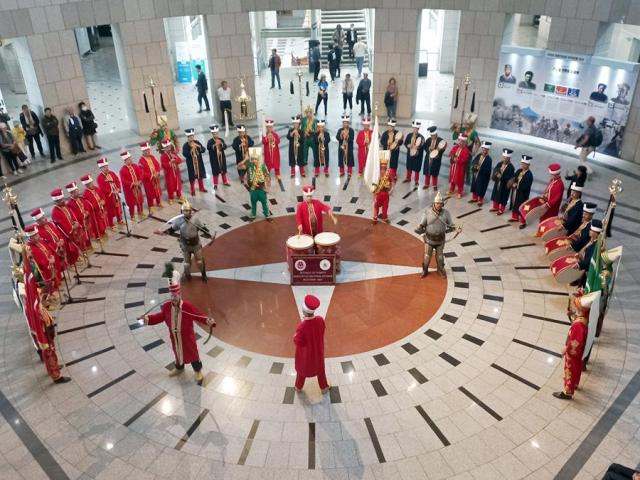
[Yonhap News Photo]
SEOUL -- South Korea vowed to file a complaint to the World Trade Organization in protest at Japan's tightened restrictions on exports of key materials used to produce chips and displays, condemning it as economic retaliation caused by a legal dispute over wartime forced labor.
After a meeting of economy-related ministers, Trade, Industry and Energy Minister Sung Yun-mo said Monday that South Korea would take "necessary countermeasures in accordance with international and domestic laws" including complaints to the WTO.
Japan strengthened regulations on exports of high-tech chemicals used in semiconductors and smartphone production to South Korea starting Thursday. Japanese companies should apply for approval for each contract to export specific materials to South Korean clients.
"I express deep regret as this measure is against common sense in light of the principle of democracy" which separates the three powers of administration, legislation and judicature, Sung said.
"Export restrictions are not only banned in principle under WTO's arrangement, but they also run squarely counter to the spirit of agreement" in the G-20 summit hosted by Japan last week, the minister said, adding South Korea has tried to diversify import lines and expand domestic production facilities in preparation for Japan's unilateral measures.
Earlier in the day, the South's Vice Foreign Minister Choi Sei-young called in Japanese ambassador Yasumasa Nakamine to lodge a protest.
Ties between the two Asian neighbors have been in the doldrums for years, with South Korea insisting that Japan should apologize and make amends for abuses during its colonial rule. In particular, Seoul wants Tokyo to address the issue of women forced to work in Japanese wartime military brothels.
The two countries are locked in a fresh row over a decision by South Korea's highest court in October last year that acknowledged individual rights to get compensation for wartime forced labor. The Supreme Court upheld a 2013 ruling that ordered Japan's Nippon Steel & Sumitomo Metal Corp. to pay 100 million won each to four Korean victims.
Tens of thousands of Koreans were forced to work under harsh conditions for Japan, but many have died. Government data at the time showed that there were 6,570 survivors.
Japan has insisted colonial-era issues were settled in a 1965 agreement that restored diplomatic ties with the payment of $500 million. However, supreme court justices ruled that they cannot accept the Japanese court's ruling because it was based on the premise that forced labor during Japan's colonial rule was legitimate.


![[OPINION] George Marshall: A Public Servant and the Public Good](https://image.ajunews.com/content/image/2024/03/20/20240320155340665763.jpg)

![[OPINION] Japan and South Korea Reach Important Accord](https://image.ajunews.com/content/image/2023/08/31/20230831164011291318.jpg)